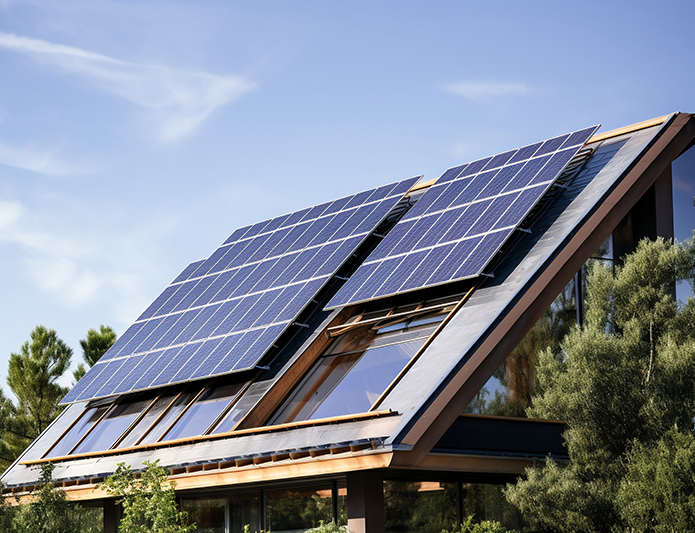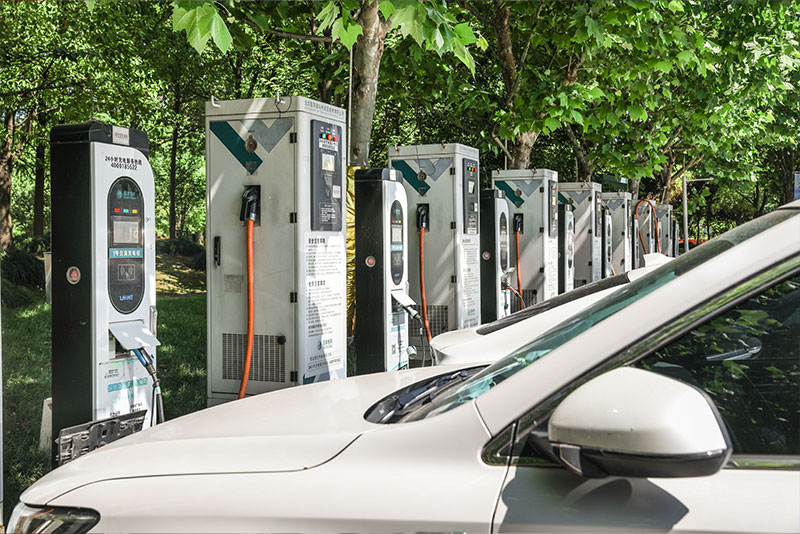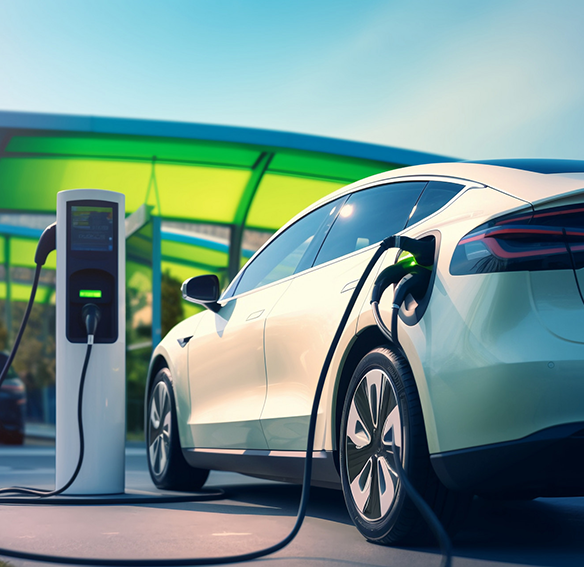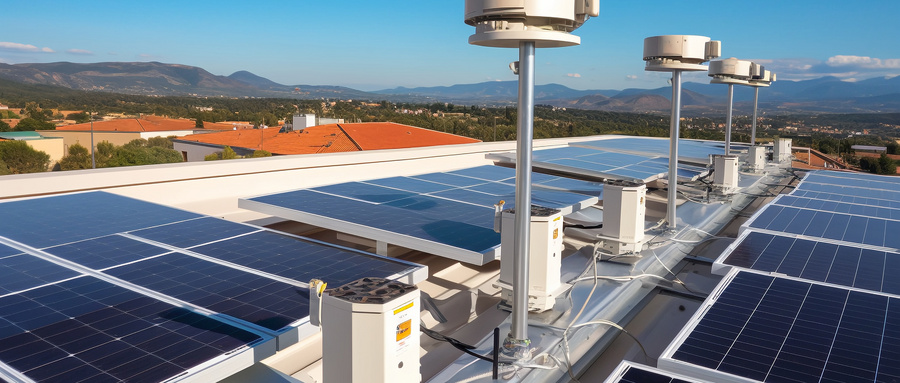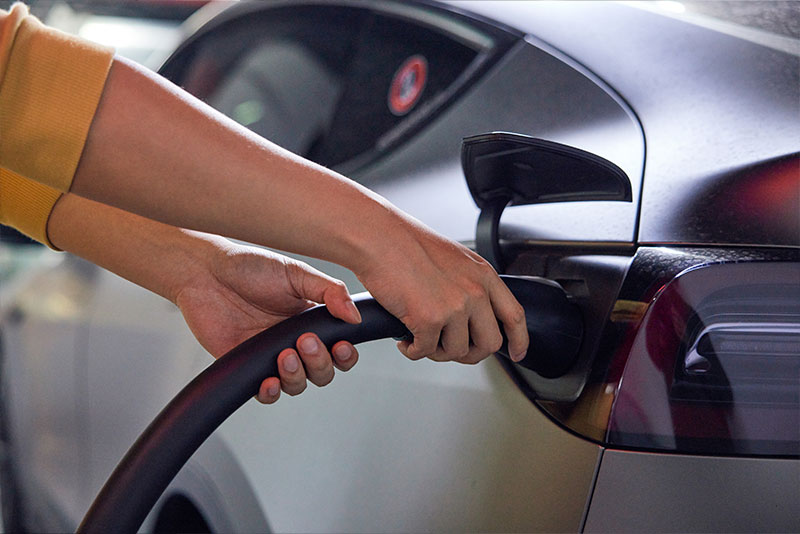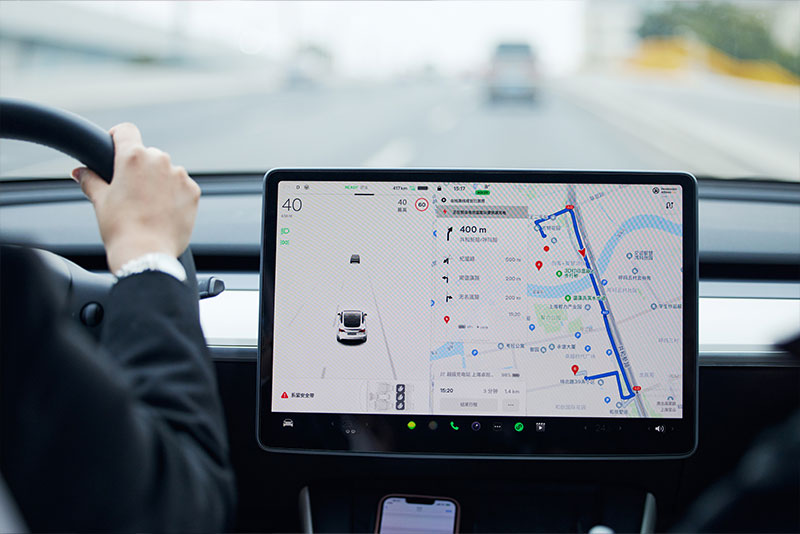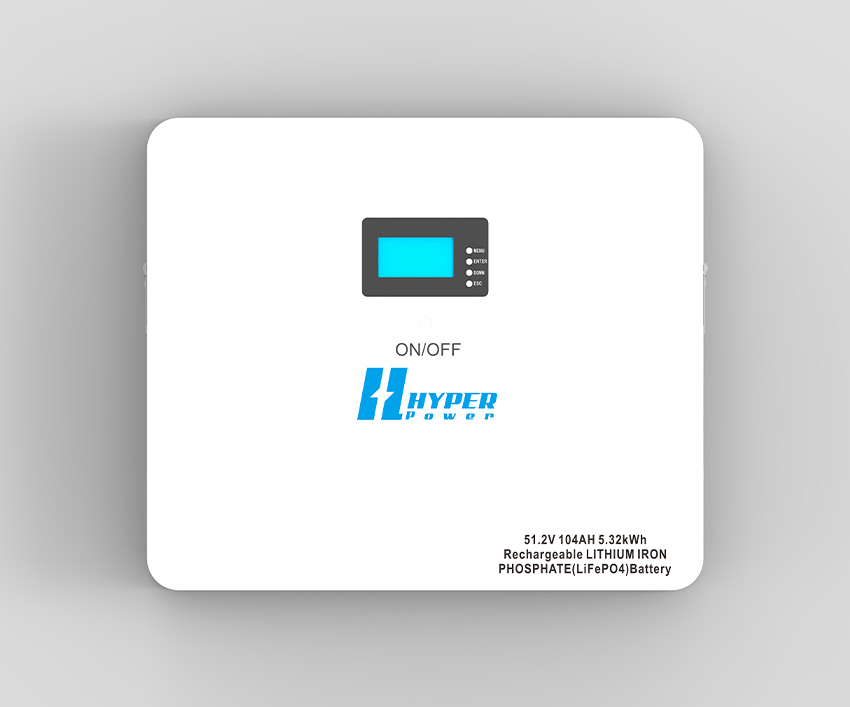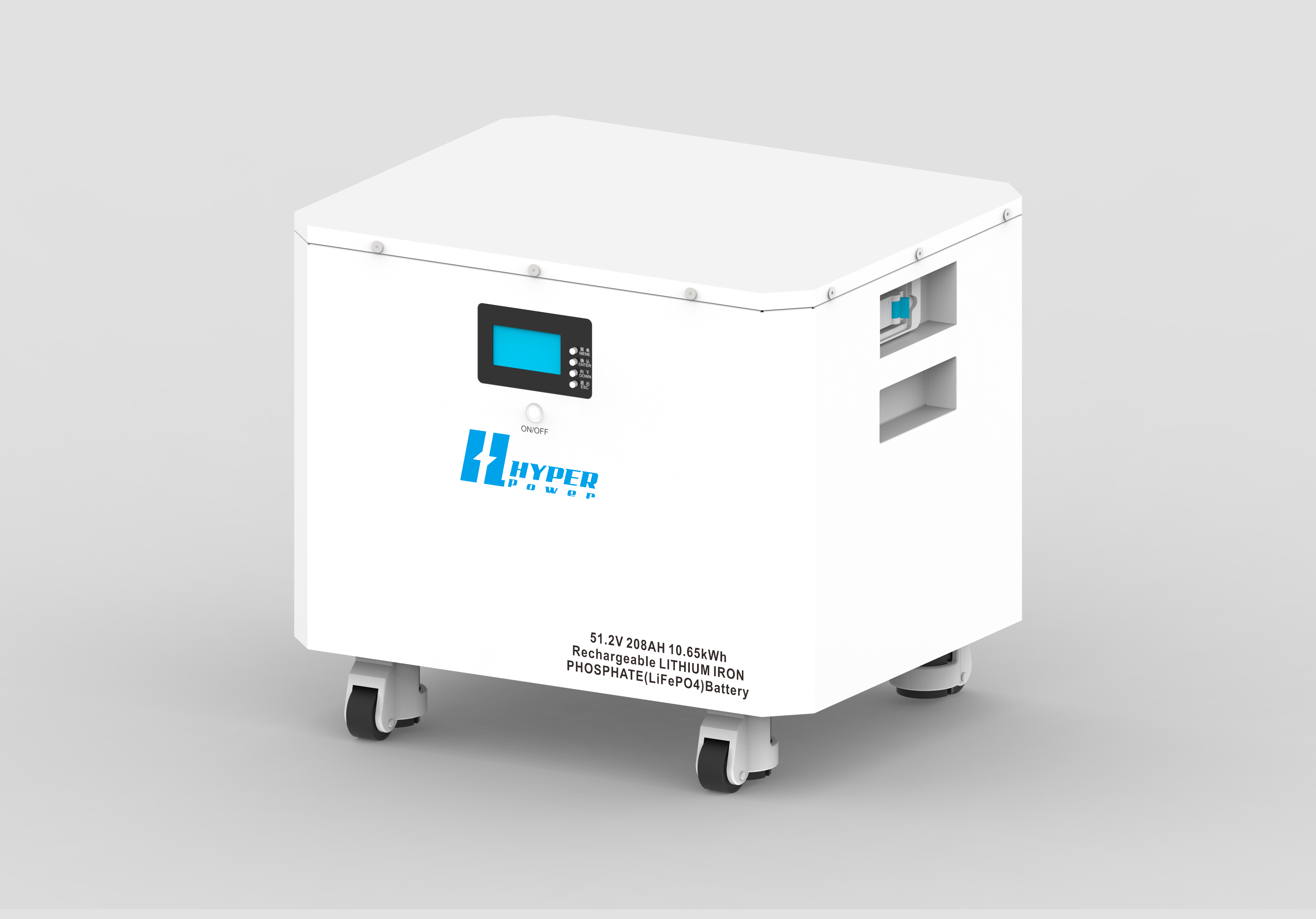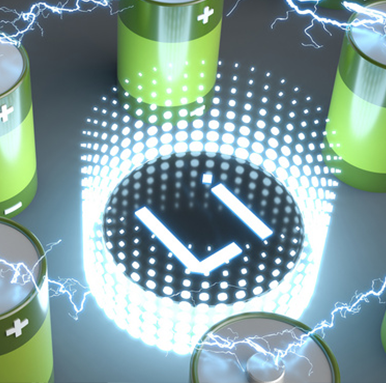Why Lithium Battery for Home Inverters Are the Best Choice
Introduction
With the growing demand for reliable and energy-efficient power backup solutions, home inverters have become an essential component of modern households. Whether it's dealing with unexpected power outages or ensuring an uninterrupted power supply for critical appliances, choosing the right inverter system can significantly impact efficiency and cost savings. Among the different battery options available, a home inverter with a lithium-ion battery stands out as the superior choice.
Traditional lead-acid batteries have been widely used for years, but they come with several drawbacks, including short lifespans, maintenance issues, and slow charging times. In contrast, a lithium battery for a home inverter offers higher efficiency, faster charging, longer lifespan, and minimal maintenance. In this blog, we will explore why lithium batteries are the best choice for home inverters, comparing their advantages to other battery types, and providing insights on how to choose the right lithium-ion battery for your needs.

Understanding Home Inverters with Lithium-Ion Batteries
What is a Home Inverter?
A home inverter is a device that converts DC (Direct Current) power from a battery into AC (Alternating Current) power, which is used to run household appliances. During normal electricity supply, the inverter stores power in its battery, which can be used during outages to keep essential devices running.
Why is the Battery Type Important?
The efficiency of a home inverter largely depends on the type of battery used. Traditional inverters rely on lead-acid batteries, which have been the standard for years. However, advances in technology have made lithium-ion batteries a more efficient and practical option for modern inverters.
What is a Lithium-Ion Battery?
A lithium-ion battery is a rechargeable battery that uses lithium ions to store and discharge energy efficiently. Unlike lead-acid batteries, lithium-ion batteries offer better energy density, longer lifespan, and faster charging cycles, making them ideal for home inverter systems.
Advantages of a Home Inverter with Lithium-Ion Battery
1. Longer Lifespan
One of the most significant advantages of using a lithium battery for a home inverter is its extended lifespan. While lead-acid batteries typically last 3 to 5 years, lithium-ion batteries can last up to 10 years or more with proper maintenance. This longevity translates to lower replacement costs over time, making lithium batteries a more cost-effective investment.
2. Higher Efficiency & Energy Density
Lithium-ion batteries have a higher energy density, meaning they can store more energy in a smaller and lighter package. This allows home inverters to deliver power more efficiently without requiring a bulky and heavy battery setup. Additionally, lithium batteries have a higher round-trip efficiency (90-98%), ensuring that more stored energy is available for use.
3. Faster Charging Times
Compared to lead-acid batteries, lithium-ion batteries charge 3 to 5 times faster. This means that even during short power availability, the battery can be quickly recharged and ready for use. This feature is especially beneficial in areas where power outages are frequent but intermittent.
4. Low Maintenance Requirements
Lead-acid batteries require regular maintenance, including topping up distilled water and checking for corrosion. In contrast, lithium-ion batteries are maintenance-free, eliminating the hassle of upkeep and reducing long-term operational costs.
5. Better Depth of Discharge (DoD)
Depth of discharge (DoD) refers to how much of a battery’s capacity can be used before recharging. Lead-acid batteries should only be discharged to 50% of their capacity to prolong their lifespan. However, lithium-ion batteries can be discharged up to 80-90% without significantly impacting their longevity. This means more usable energy per charge.
6. Compact & Lightweight Design
A home inverter with a lithium-ion battery is significantly lighter and more compact than one with a lead-acid battery. This makes installation easier, especially in homes with limited space.
7. Eco-Friendly & Sustainable
Lithium-ion batteries are more environmentally friendly than lead-acid batteries. They do not contain toxic heavy metals such as lead and cadmium, and they have a lower carbon footprint due to their long lifespan and high energy efficiency.
8. Enhanced Safety Features
Modern lithium-ion batteries come with built-in safety mechanisms, such as Battery Management Systems (BMS), which protect against overcharging, deep discharge, and overheating. This significantly reduces the risk of battery damage, fire, or explosion compared to older battery technologies.
Comparing Lithium-Ion vs. Lead-Acid Batteries for Home Inverters
|
Feature |
Lithium-Ion Battery |
Lead-Acid Battery |
|
Lifespan |
10+ years |
3-5 years |
|
Charging Speed |
Fast (3-5 times faster) |
Slow |
|
Efficiency |
90-98% |
75-85% |
|
Depth of Discharge (DoD) |
80-90% |
50% |
|
Maintenance |
Minimal |
High (regular water topping & corrosion checks) |
|
Weight & Size |
Lightweight & Compact |
Heavy & Bulky |
|
Environmental Impact |
Low |
High (toxic materials) |
|
Safety Features |
Advanced BMS protection |
Risk of leaks & overheating |
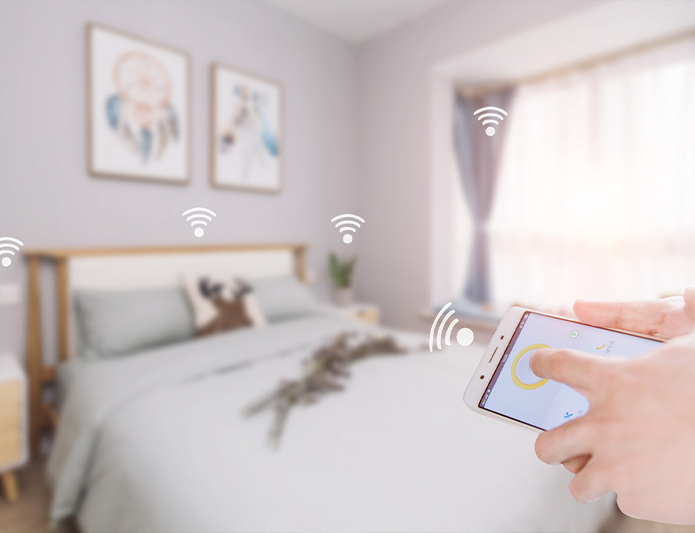
How to Choose the Best Home Inverter with a Lithium-Ion Battery
If you’re considering upgrading to a home inverter with a lithium-ion battery, here are some key factors to consider:
1. Battery Capacity (Ah & kWh)
Determine how much backup power you need by calculating the total wattage of the appliances you plan to run. The capacity of a lithium battery is measured in ampere-hours (Ah) or kilowatt-hours (kWh).
2. Inverter Power Rating
Ensure that the inverter’s power output (measured in watts or kilowatts) is sufficient for your household’s needs. A higher wattage inverter can handle more appliances at once.
3. Battery Management System (BMS)
Look for lithium-ion batteries with an intelligent BMS that provides safety features like overcharge protection, deep discharge prevention, and thermal control.
4. Brand Reputation & Warranty
Choose a reputable brand with positive customer reviews and a long-term warranty (5-10 years) to ensure product reliability.
5. Solar Compatibility
If you plan to integrate solar power in the future, select a lithium battery and inverter that are compatible with solar panels for enhanced energy savings.
Conclusion
When it comes to home inverter battery solutions, a lithium battery for a home inverter is the best choice due to its superior lifespan, higher efficiency, faster charging, low maintenance, and eco-friendly properties. While the initial cost may be higher than traditional lead-acid batteries, the long-term benefits far outweigh the investment.
Whether you're looking for a reliable power backup solution or a sustainable energy storage option, investing in a home inverter with a lithium-ion battery is a decision that will provide long-term value, peace of mind, and energy efficiency.
Blog

Maximizing Energy Independence with Home Lithium Battery Storage

How Residential Photovoltaic Energy Storage Systems Empower Sustainable Homes
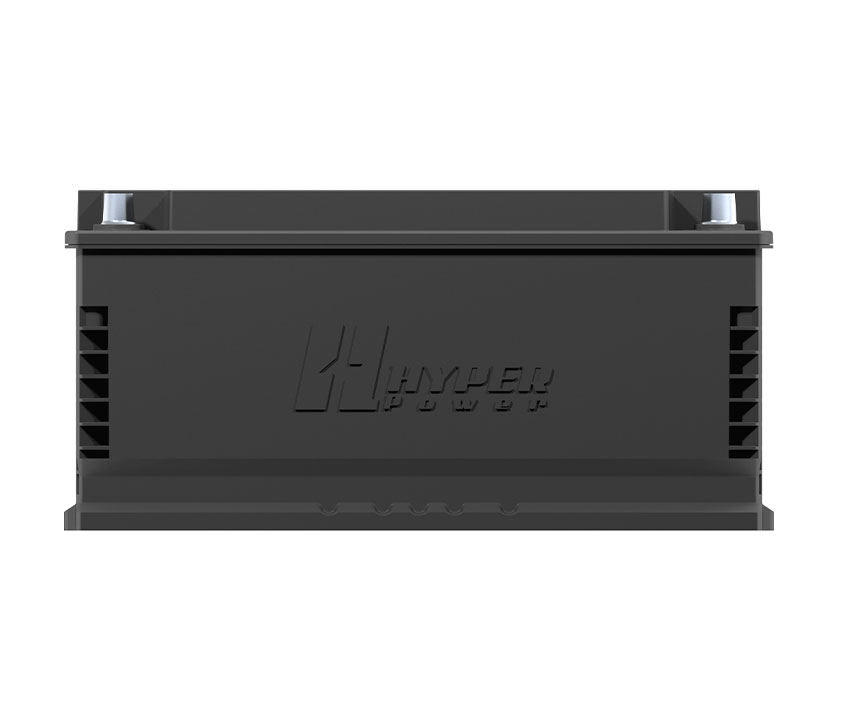
Why the 12V Lithium Ion Car Battery is the Smarter Automotive Power Solution — Insights from JEJE Energy
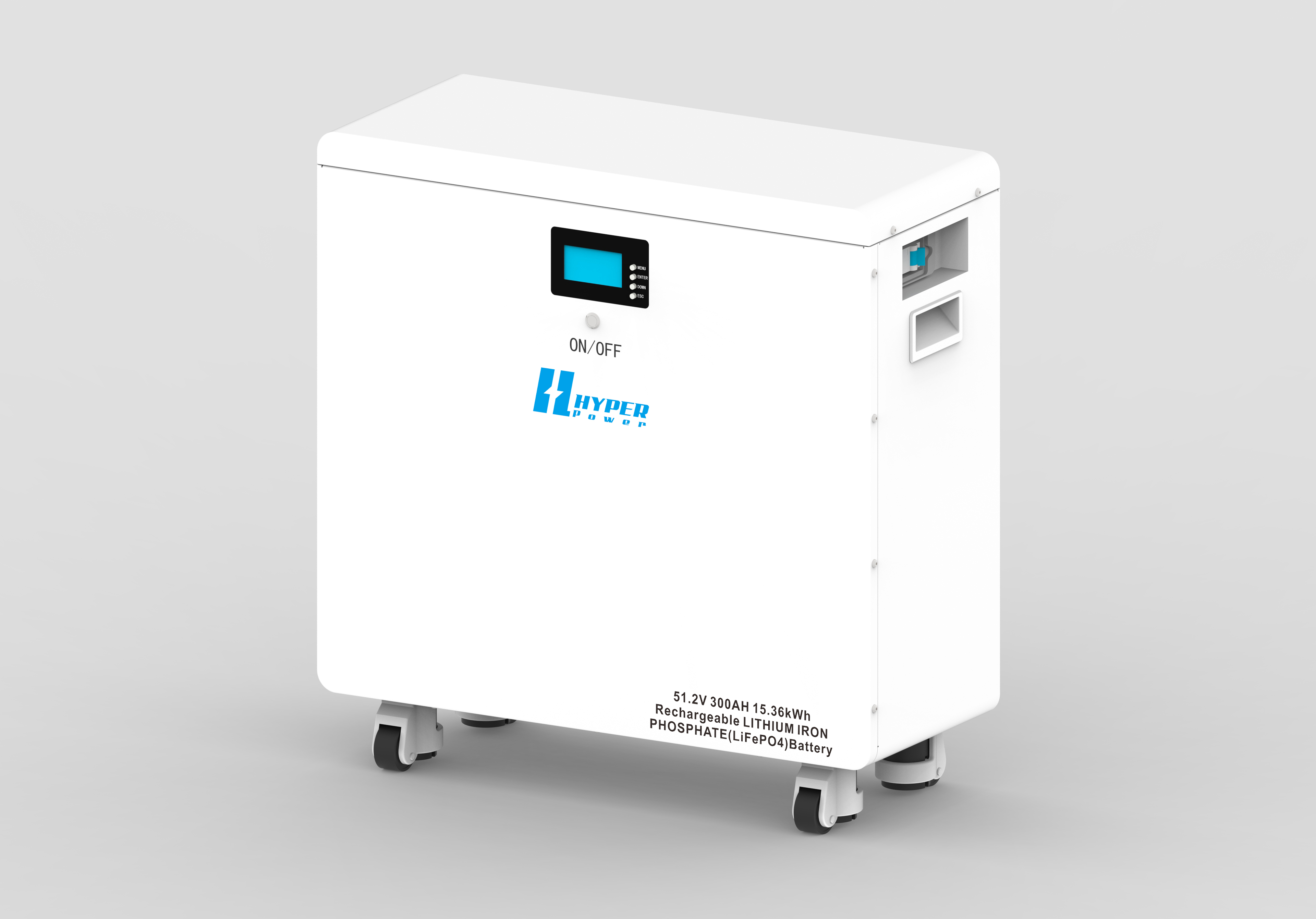





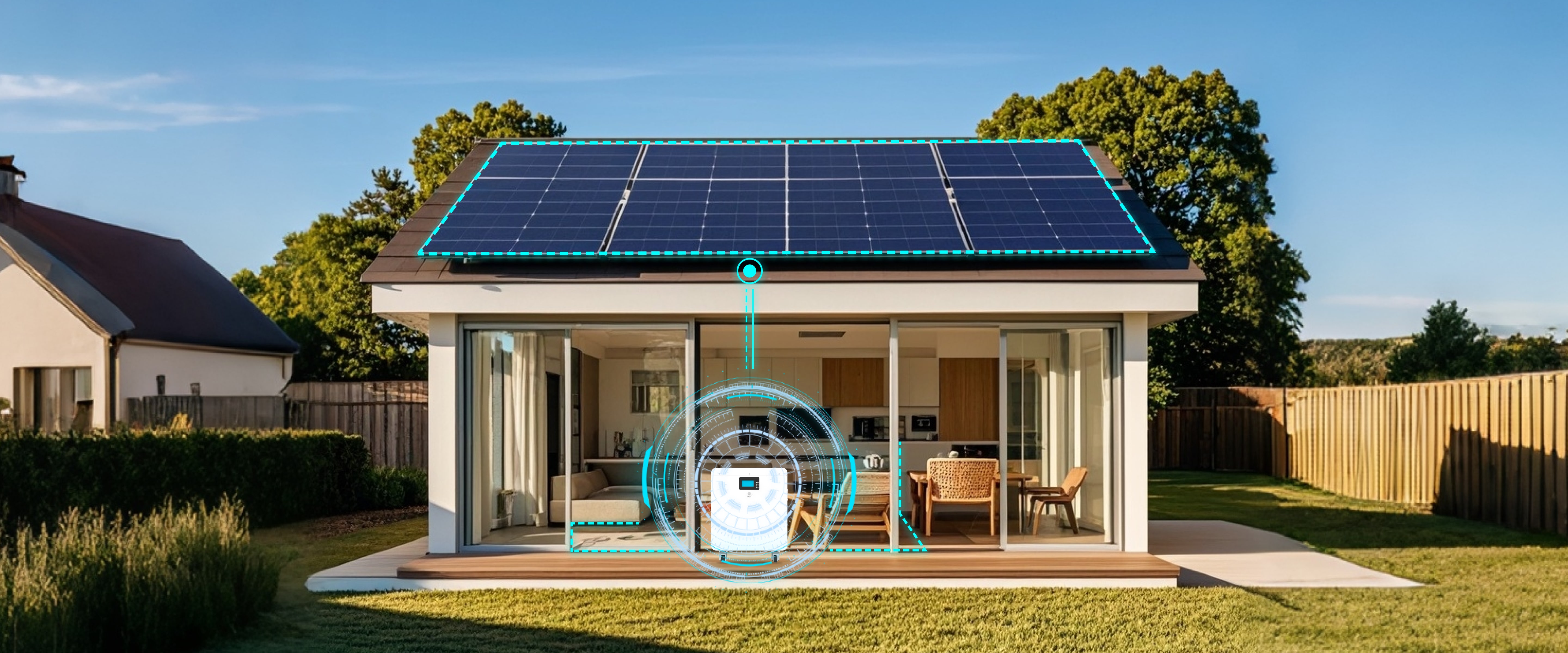



-Charging.png)
.jpg)






